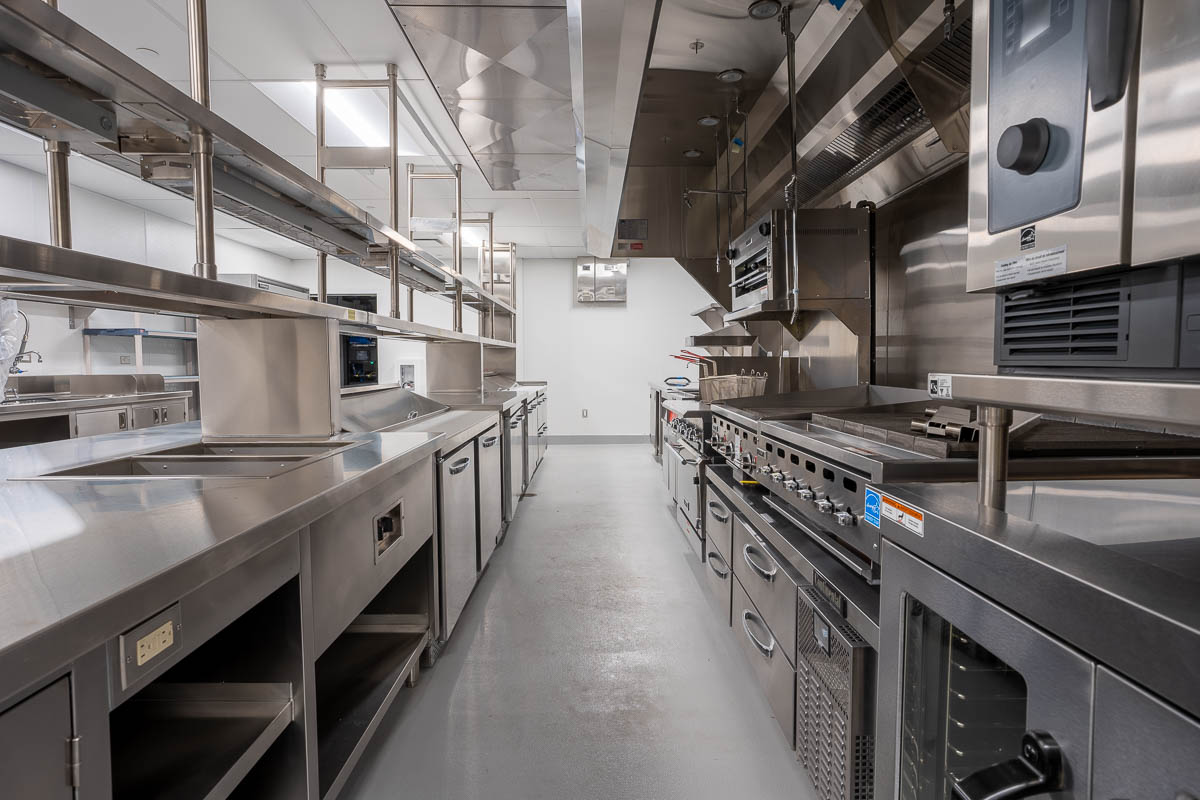
Urethane Cement – Advantages, Disadvantages, Uses
Urethane Cement is a popular floor coating solution that provides high resistance to heat, traffic, and chemicals. With its unique properties and versatile applications, it offers numerous advantages for new and existing buildings. However, like any other material, it also has its disadvantages. In this blog, we will explore what urethane cement is, its advantages and disadvantages, and specific applications where it excels.
What is Urethane Cement?
Urethane cement is a specialized flooring system that combines polyurethane and cementitious components. This unique blend creates a highly durable, chemical-resistant, and high-performance material suitable for a variety of commercial and industrial applications. This system is commonly used in environments that require exceptional strength, resistance to thermal shock, and protection against harsh chemicals.
Advantages of Urethane Cement:
- Curing Time: While a typical epoxy flooring system requires a 28-day curing period for concrete, polyurethane cement can be coated over concrete 7-10 days after being poured. This system’s moisture tolerance presents a huge advantage, especially in new construction applications where timelines are short.
- Exceptional Durability: Urethane cement flooring is known for its remarkable durability. It can withstand heavy foot traffic, impact, abrasion, and thermal cycling. This durability makes it an ideal choice for areas prone to high wear and tear, such as industrial facilities, food processing plants, and commercial kitchens.
- Chemical Resistance: This system offers excellent resistance to a wide range of chemicals, including acids, alkalis, solvents, and oils. This feature makes it suitable for environments where spillage or exposure to corrosive substances is common, such as chemical processing plants and laboratories.
- Thermal Shock Resistance: This solution can withstand rapid temperature changes without cracking or delamination. This makes it suitable for environments that experience extreme temperature variations, such as cold storage facilities, breweries, and pharmaceutical manufacturing plants.
- Hygienic Properties: Urethane cement is a non-porous material, meaning it does not absorb liquids or harbor bacteria. It is also resistant to mold and mildew growth. As a result, it is widely used in industries where hygiene is critical, such as pharmaceutical facilities, hospitals, and food and beverage processing areas.
Disadvantages of Urethane Cement:
- Installation Complexity: This system requires specialized installation techniques and skilled contractors. The application process involves thorough surface preparation, precise mixing ratios, and proper curing time. Improper installation can lead to issues such as delamination or compromised performance.
- Cost: Compared to conventional flooring systems, urethane cement is relatively expensive. The cost of materials, specialized equipment, and skilled labor contribute to the higher price tag. However, considering its long-term durability and low maintenance requirements, it can be a cost-effective choice in the right applications.
Specific Applications:
- Food and Beverage Industry: Urethane cement’s seamless, hygienic, and chemical-resistant properties make it an excellent flooring choice for food and beverage processing areas, commercial kitchens, breweries, and wineries. It complies with stringent sanitation regulations and provides a safe working environment.
- Manufacturing Facilities: Urethane cement is commonly used in heavy industrial settings, such as manufacturing plants, warehouses, and automotive facilities. Its exceptional durability, resistance to chemicals, and thermal shock make it suitable for areas exposed to heavy machinery, chemicals, and fluctuating temperatures.
- Healthcare and Pharmaceutical Facilities: Hospitals, laboratories, and pharmaceutical manufacturing plants require flooring systems that are resistant to chemicals, easy to clean, and maintain a sterile environment. Urethane cement meets these requirements, making it an ideal choice for these specialized environments.


